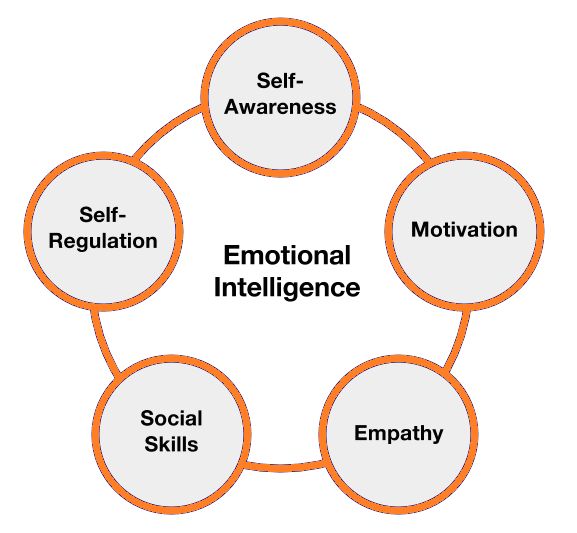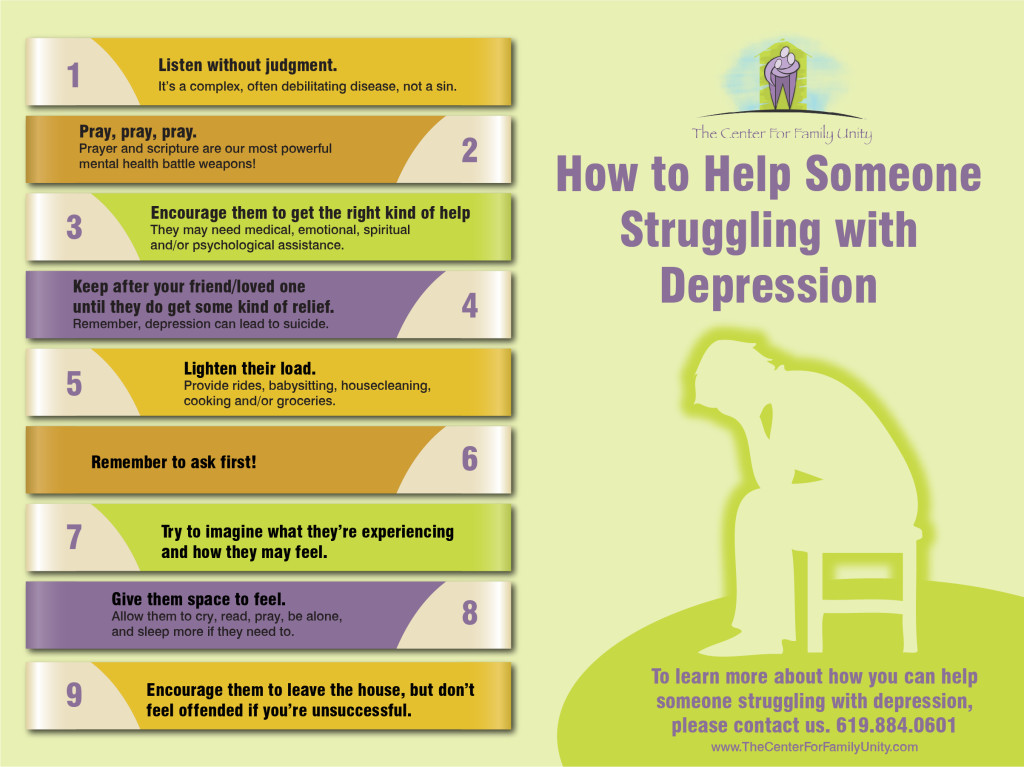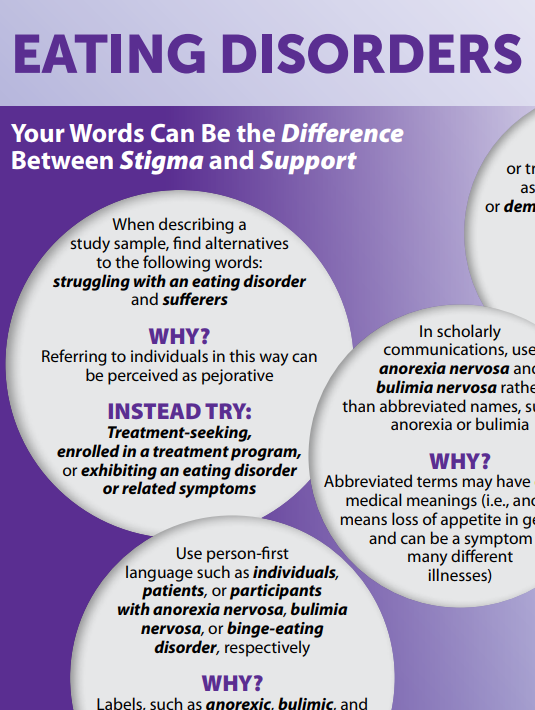Traits of a stalker
Know What To Look For
By Tamara Hill, MS, NCC, CCTP, LPC on September 2, 2014
When you think of the wordstalkerwhat comes to mind? Do you think violence and vengefulness? Do you think fear on the part of the stalker? Do you think about the stalker’s lack of communication skills or even mental health problem(s)? Many people would agree that the first thing that comes to mind when they hear the word stalker is violence and vengefulness. Only a rare number of people would consider a stalker fearful and lacking in social skills. But many sweet boys next door can become a stalker for many reasons. Two reasons include mental health problems and lack of social skills.
One of the things we rarely discuss on this site are the characteristics of a stalker. But it’s important to understand that they too struggle with mental health or personality disorders that motivates this problematic behavior. Believe it or not, many stalkers, due to mental health or personality disorders, are impaired and lack the ability to reason and engage appropriately with others.
For the most part, individuals who would be labeled a stalker often suffer from a lack of social skills and finds communicating with others challenging. For the most part, men are the stalkers, but women can also become stalkers as well. About 80% of women are victims of stalkers.
According toMarshall Universitys Women Center, characteristics of the stalker can fall into 5 categories:
- Relationship: These stalkers tend to stalk previous partners and desire a relationship with the person. In some cases, the stalker in this category may desire a relationship with an acquaintance. Individuals who fit the stalker description and has had negative relationships in the past, often meet criteria for a personality disorder such as narcissistic personality disorder, antisocial personality disorder or sociopathy (i.e., a sociopath), or dependent personality disorder.
- Obsessed: This type of individual constantly thinks about the person they idolize.
 They might create a mental life involving the person and have a hard time imagining life without the person. You may have heard of the termerotomaniawhich describes a delusion in which the person believes that someone, usually of a higher social status (celebrity, powerful person, etc.) is in love with him or her. It is likely that someone suffering from schizophrenia may fall prey to the erotomanic delusion.
They might create a mental life involving the person and have a hard time imagining life without the person. You may have heard of the termerotomaniawhich describes a delusion in which the person believes that someone, usually of a higher social status (celebrity, powerful person, etc.) is in love with him or her. It is likely that someone suffering from schizophrenia may fall prey to the erotomanic delusion.
- Rejected: Many stalkers have a history of challenging relationships and difficulty communicating with others. Some stalkers, especially if female, may meet criteria for borderline personality disorder in which rejection is often very difficult to cope with. This does not, however, describe all individuals with borderline personality disorder. However, it is likely that some individuals with this diagnosis could become a stalker due to a history of stormy relationships, roller coaster emotions, and unstable love affairs.
- Intelligent: Marshall University claims that stalkers are intelligent and carefully plan their stalking behavior.
 Someone who falls into this category could meet criteria for sociopathy. Sociopaths are adept at planning their “attack” and controlling others with charm or acting with glib.
Someone who falls into this category could meet criteria for sociopathy. Sociopaths are adept at planning their “attack” and controlling others with charm or acting with glib.
- Motivated: Most stalkers believe that their object of desire is the only person they could ever love and tend to be motivated to pursue based on this type of thinking.
There are also common personality characteristics of the stalker that are important to understand. These include:
- Narcissistic behaviors
- Selfishness
- History of domestic violence
- Inability to cope with rejection
- Obsessive, controlling, and compulsive
- Impulsivity
- Suffering from delusions or a severe mental illness that interferes with perception of reality
- Jealousy
- Manipulative behaviors
- Sexually maladaptive behaviors
- Deceptiveness
- Socially awkward, uncomfortable, or isolated
- Has a history of falling in love instantly
- Depends on others for a sense of self-worth
- Low self-esteem
- Tempermentalness
Can you think of any characteristics that might fit a stalker?
It is important to keep in mind that stalkers are not always individuals who are suffering from mental health or personality disorders, but that the possibility is very high. Most stalkers fit the criteria of sociopaths and narcissists. They are charmers, they have a way with words (although their words are often shallow and insincere), and they sometimes have a sex appeal or attractiveness that blinds victims to their true intent. The difficulty lies in trying to determine if someone is a stalker and if so, what type of stalker they are.
Most stalkers fit the criteria of sociopaths and narcissists. They are charmers, they have a way with words (although their words are often shallow and insincere), and they sometimes have a sex appeal or attractiveness that blinds victims to their true intent. The difficulty lies in trying to determine if someone is a stalker and if so, what type of stalker they are.
As always, stay informed!
References
Marshall University. (2014). Stalking.Womens Center. Retrieved August 31, 2014, fromhttp://www.marshall.edu/wcenter/stalking/.
Photo credit:sean carpenter
Through The Mind of A Stalker
In this article, Sanam Naran takes us through the thought processes of a stalker and helps to identify one.
What Signs Should I Look Out For When I Suspect I Might Have a Stalker?
- One of the common things a stalker will do is to lurk around your home or workplace.
- A stalker constantly watches you from a distance, you’d have to spot them from outside of your immediate circle.

- You will also notice a string of repeat phone calls.
- A stalker will often times give inappropriate gifts.
- They will manipulate you to interact with them.
- With the emerging of technologies such as social media, stalkers can now cyberstalk you.
- A stalker will also attempt to stalk and interact with your family and friends.
- In escalated cases, a stalker may start threatening you.
What Character Traits Do Stalkers Typically Have?
- Stalkers are typically jealous, especially of their subject.
- Stalkers have a manipulative character.
- They are typically narcissistic.
- Stalkers, along with a manipulative character trait, they are also deceptive.
- they are obsessive and compulsive
- They typically fall in love instantly.
- They are socially awkward or uncomfortable.
- They typically have a need to be in control.
- They depend on others for a sense of self.

- Stalkers are typically unable to cope with rejection.
- They have a sense of entitlement (you owe me!).
- Unable to take NO for an answer (learn more on boundaries)
- Does not take responsibility for own feelings or actions.
What Mental Health Illnesses Are Linked To Stalking?
Rather than a disorder in itself, stalking is a behavior that falls under the umbrella of symptoms for various disorders. According to a 2012 study published in the journal, Aggression and Violent Behavior, “Motivations for stalking include a delusional belief in romantic destiny, a desire to reclaim a prior relationship, a sadistic urge to torment the victim, or a psychotic over-identification with the victim and the desire to replace him or her.” And stalkers can fall under a variety of diagnoses, including psychotic disorders; personality disorders, such as narcissistic personality disorder; and delusional disorders.
Take Us Through The Different Stalker Subtypes?
Rejected Stalker
Some stalkers have been rejected by a person they wanted a relationship with, or have just experienced a breakup. The stalker may be looking for a way to salvage their relationship, or want to remain as close to the victim as much as possible. In other instances, they’re angry and want revenge for being rejected.
The stalker may be looking for a way to salvage their relationship, or want to remain as close to the victim as much as possible. In other instances, they’re angry and want revenge for being rejected.
Predatory Stalker
Predators are often sexually obsessed or have deviant sexual fantasies. Typically male, their victims are usually women who are strangers, but who the stalker has a sexual interest in. It can start with voyeurism, which becomes a precursor to a sexual assault.
Incompetent Suitor
These kinds of stalkers are typically incompetent at relationships, lonely, and target strangers or casual acquaintances. They assume they can convince the object of their desire to start dating them. They can often seem blind or indifferent to the suffering they inflict on the victim. Many of these stalkers have poor social skills.
Resentful Stalker
Some people become stalkers because they feel like they’ve been mistreated in some way. These stalkers often have some form of mental illness, experience feelings of paranoia or persecution, and can be self-righteous and self-pitying. Stalking the victim can be a way to get revenge for their perceived mistreatment. They feel like they have a certain amount of power over the victim as they stalk them.
Stalking the victim can be a way to get revenge for their perceived mistreatment. They feel like they have a certain amount of power over the victim as they stalk them.
Intimacy-Seeker
Often mentally ill, the intimacy-seeking stalker believes the victim will love or learn to love them, and they may have a delusional belief that the victim already does love them. In many instances, they focus on prominent or celebrity figures.
How Can I Protect Myself From A Stalker?
1. Have No Contact With the Stalker
Do not have any form of contact with the stalker.
2. Tell Others
Although many stalking victims are reluctant to inform others of what they are going through, it is important that those around the victim know what is happening. This includes family, friends, co-habitants, work colleagues and even neighbors.
3. Increase Personal Protection
Change daily routines e.g. the route or times going work, gym or other frequently attended locations
Only give personal details to those you trust
4. Collect Evidence
Collect Evidence
Proof is crucial in preparing a case against the stalker and it cannot be overestimated how important it is to keep all evidence and document your encounters and experience. The following are some ways in which to collect evidence:
5. Keep Evidence
- Telephone messages
- Try to record the message so can be stored in another format.
- Keep text messages on the phone, download to computer and show others
6. Reporting The Stalking to Police And Get A Restraining Order
CRISIS HELPLINE 0800 567 567
GENDER BASED VIOLENCE HELPLINE 0800428 428
ABUSE HELPLINE 0800 150 150
SAPS NATIONAL LINE 08600 10111
signs of a stalker, methods of protection, tips
Contents
- How to identify a stalker?
- Signs of a stalker
- How to protect yourself?
Stalking is a concept that not everyone deals with. It comes from the English word "stalking", which translates as "persecution". And despite the fact that in the films this term is romanticized, in reality there is nothing attractive about it. On the contrary, such a behavior is repulsive, and sometimes it can even pose a threat to life. In this article, we propose to talk about stalkers and
how to deal with them.
It comes from the English word "stalking", which translates as "persecution". And despite the fact that in the films this term is romanticized, in reality there is nothing attractive about it. On the contrary, such a behavior is repulsive, and sometimes it can even pose a threat to life. In this article, we propose to talk about stalkers and
how to deal with them.
How to identify a stalker?
Stalking is an unwanted and obsessive display of attention from an outsider. There is a common myth that only a man can be such a person, but this is not entirely true. Among the stalkers there are also women, however, such cases are much less.
As a rule, those whose feelings have been rejected become persecutors. It can be a guy in love who does not give a pass to a girl who does not want to meet him. Initially, this may seem innocent and even romantic, but then such behavior gains momentum. As a result, the actions of the stalker turn into a real psychological violence , which is worth a lot of effort to stop. Moreover, it is rather difficult to resolve this issue with the help of the law, if we are talking about those cases where obsessive fans do not use physical violence.
Moreover, it is rather difficult to resolve this issue with the help of the law, if we are talking about those cases where obsessive fans do not use physical violence.
Experts say that many stalkers have mental illness (schizophrenia, borderline disorders). Some of them are dependent on illegal substances
Signs of a stalker
Stalking0013 "alarm bells" .
- He is overly intrusive on social media. Such a person can write messages in all instant messengers, call at any time of the day, even at night. He does not pay attention to your busyness and pesters with his excessive attention.
- He knows too much personal information about you that you didn't tell him. Such a sign may indicate surveillance, in some cases it even turns out that the fan hacked into the social networks of his victim. nine0006
- He "accidentally" appears in places you frequent. Of course, such meetings are pre-planned, it is likely that they are another sign of surveillance.

- His behavior is like an unhealthy addiction. Such a person gives the impression of a mentally unstable person.
- They try to control you. The persecutor often tries to find out where and with whom his beloved is, what time she will return home, with whom she communicates. He may also ask why you did not answer the call for a long time. As a result, a person goes beyond all personal boundaries and tries to limit you. nine0006
These moments should alert you and push you to the appropriate conclusions. But besides them, there are more obvious signs. If the pursuer not only bothers you with his attention, but also shows aggression , then you can be sure that you have a stalker and an abuser in front of you. Such persons often do not control their rage, they can hit the victim, damage property, send threats, etc. In some cases, this behavior leads to tragic consequences that cannot be changed. nine0003
As a rule, 50% of stalkers are former soul mates who want to get their loved one back in any way
How to protect yourself?
So, if you are faced with persecution, then you should remember these tips .
- Don't panic. You need to get rid of fear, or at least give the appearance of self-confidence. As a rule, such people feel when the victim is afraid of them, and openly use it. But do not go to extremes and do not show aggression in response to his rage. So you will achieve the opposite effect, especially if you have a mentally unbalanced person in front of you. nine0006
- If among your relatives and friends there is someone to help you, then do not refuse help. You should not hide the problem from others, because publicity can frighten off the pursuer.
- Do not fall for provocations. By obeying the abuser's manipulations, you give him the opportunity to go even further. And you can be sure he will use it.
If you encounter aggressive behavior and beatings, be sure to contact the police . If the pursuer is only threatening so far, discreetly record his words on special gadgets: a voice recorder, a hidden camera, etc. This will help you prove his guilt and punish the abuser on merit.
This will help you prove his guilt and punish the abuser on merit.
So, now you know how to distinguish stalking from increased attention of fans, and if necessary, you can stand up for yourself. You can get acquainted with this concept in more detail using this video:
Dangerous attraction: 7 signs that your fan is a stalker
Inappropriate fan behavior, which includes the above points, is called stalking. The victims of stalkers experience inconvenience in everyday life, which can later develop into serious psychological problems, but recognizing the pursuer at first sight is not so easy. Together with psychologist Olga Romaniv, we figure out what signs indicate that you have a stalker in front of you. nine0003
Obsessive communication
Obsession is the first manifestation of stalking. In most cases, it is confused with the usual manifestations of attention. Frequent SMS, calls, messages on social networks at first bring joy, but if they come from an unfamiliar or unpleasant person, and he does not respond to your direct requests to stop communication, this can already be considered stalking and take action.
Unhealthy curiosity
There is nothing alarming in the fact that the interlocutor is interested in your tastes in food or your profession. But constant questions about the little things (which bus route you take to work, when you have a lunch break, in which store you buy groceries) indicate the desire of the interlocutor to control your actions. nine0003
Excessive awareness
If a fan knows facts about you that you personally did not tell him, this should also alert you. The stalker can spend hours looking for even the most unimportant information about the object of adoration, get in touch with mutual friends or even colleagues, carefully analyze photos and geotags to find out everything about his victim.
Unexpected encounters
If you know someone personally and meet them by chance at a mutual friends party or in a park near your house, there is nothing strange about it. But if there are no common ties, affairs or hobbies with a person, and such “random” meetings have become too often repeated, this means that the stalker has studied your schedule well and now has the opportunity to pursue you, hiding behind a random coincidence. nine0003
nine0003
Frequent gifts
The stalker wants to be near the victim at all times. If he doesn't have the ability to do it physically, he will do it mentally. One way is to constantly give gifts and thus remind yourself of yourself. If gifts from a fan come regularly, ask them to do it less frequently. A real stalker will ignore this request and continue the psychological abuse ( read also : 11 signs of emotional abuse: how to recognize and protect yourself from psychological abuse). nine0003
Persistent attempts to meet
If a fan invites you to meet in person after correspondence, you have the right to refuse. An adequate man can repeat his request several times, but again, having received a refusal, he will stop imposing. The stalker, in response to a refusal, will continue to pester the victim, or may even appear at the most unexpected moment at home or work.
Intrusive care
The manifestation of care is typical for close people, but when it becomes suffocatingly intrusive, this indicates an unhealthy development of relationships.














